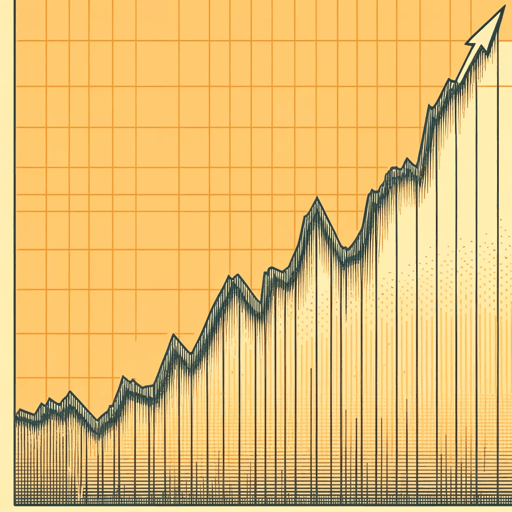60 pages • 2 hours read
David HarveyA Brief History Of Neoliberalism
Nonfiction | Reference/Text Book | Adult | Published in 2005A modern alternative to SparkNotes and CliffsNotes, SuperSummary offers high-quality Study Guides with detailed chapter summaries and analysis of major themes, characters, and more.
Chapter 7Chapter Summaries & Analyses
Chapter 7 Summary: “Freedom’s Prospect”
In Chapter 7, Harvey analyzes the concept of freedom and considers the future of neoliberalism. He begins with President Franklin D. Roosevelt’s address to Congress in 1935, which described “freedom from want” as an essential human right (183). He contrasts this with then-President Bush’s neoliberal concept of freedom that emphasizes a free market and a limited state. American political discourse privileges the latter understanding of freedom and does not consider others. However, neoliberal freedoms result in many people living in poverty and turning to crime to survive.
Harvey then briefly describes several movements that oppose neoliberalism, including the environmental movement and mutual support networks. There are religious anti-market sects, such as Wahabi Islam. There is also a growing political movement against neoliberalism, as seen in center-left government coalitions in Latin America and the increasing number of economists calling for modified Keynesianism. However, these forms of opposition will not be successful unless the state increases the provision of welfare and reduces the power of finance capitalists. He notes that under Bush, Keynesian-style redistributions have largely been upward, toward the wealthy.
In the section “The End of Neoliberalism?,” Harvey notes that the Keynesian policies of China and the United States suggest that neoliberalism might be facing challenges.
Featured Collections
Anthropology
View Collection
Business & Economics
View Collection
Challenging Authority
View Collection
Class
View Collection
Class
View Collection
Contemporary Books on Social Justice
View Collection
Globalization
View Collection
Philosophy, Logic, & Ethics
View Collection
Politics & Government
View Collection
Power
View Collection

